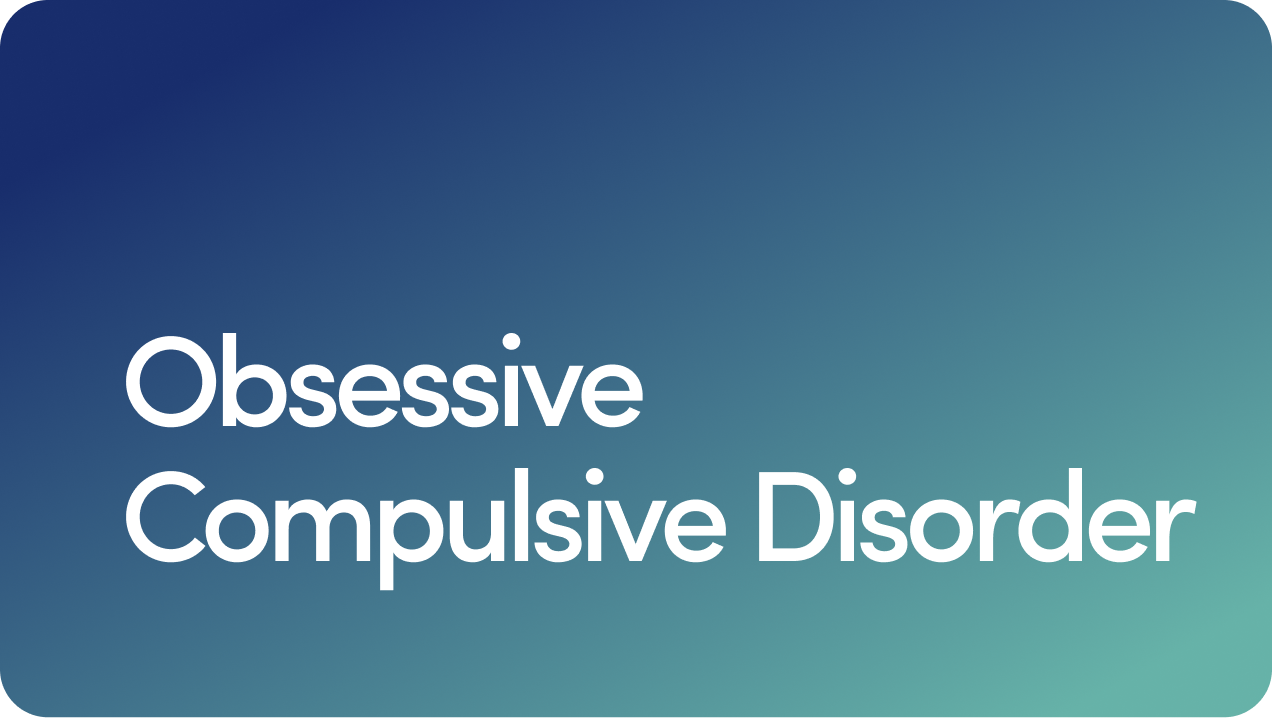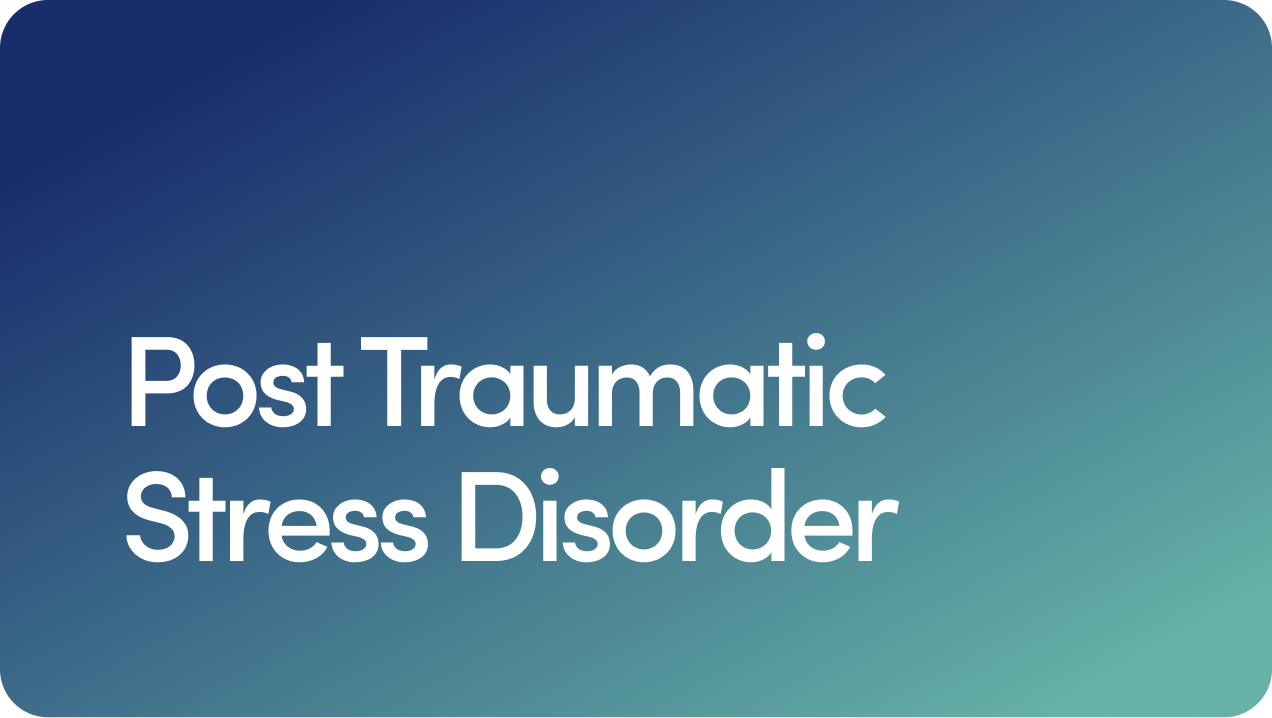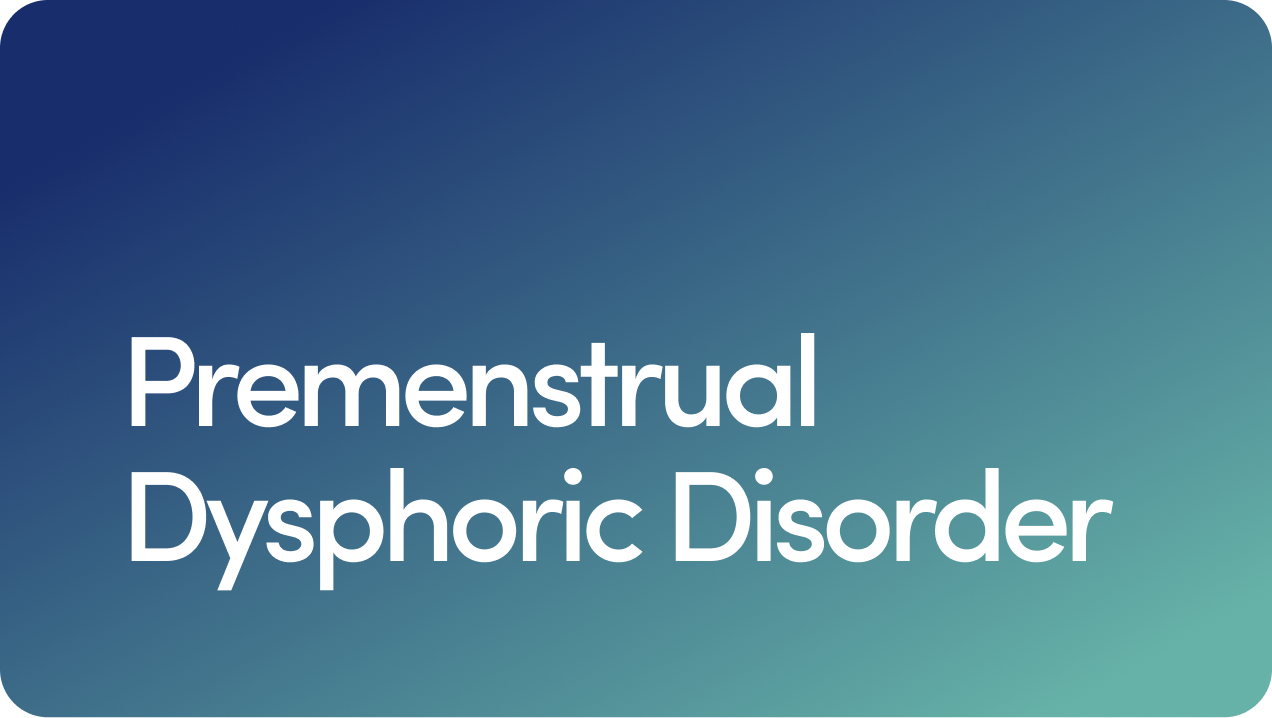Content
Free Mental Health Assessment
Natural Mood Stabilizers for Depression and Anxiety

You’re here because you’re wondering if there are any natural mood stabilizers for anxiety and depression, but first — let’s get clear on the basics.
Mood stabilizers are most commonly used to treat bipolar disorder. This mental health disorder often comes with both manic and depressive episodes that can be difficult to manage on your own.
Mood stabilizers can also be used to lower anxiety, depression and anger. They work by balancing certain brain chemicals to stabilize one’s mood.
Generally, mood stabilizers are of the pharmacological variety — yet are there more natural mood stabilizers that work for depression and anxiety?
That’s a slightly tricky question to answer. Yes, there are products that have been billed as natural mood stabilizers for depression and anxiety. However, whether they work as well as other types of mood stabilizers is questionable.
Read on to learn more about the most common natural mood stabilizer options out there.
Content
It bears repeating that there are a variety of types of mood stabilizers available to help with mental health issues like depression and anxiety. Most commonly, medication is prescribed. However, some people believe the following, more natural remedies can help.
Rhodiola
The official name of this herb is rhodiola rosea. A 2015 study published in Phytomedicine suggests that rhodiola may help lessen some of the symptoms of major depressive disorder.
It’s important to note that the antidepressant sertraline was found to be more effective than rhodiola, though the herbal supplement did still help a bit.
St. John’s Wort
This plant is sold as an herbal supplement in the United States. But in Europe it is used as a treatment for depression.
Here’s what you should know: It’s not guaranteed to work. In 2009, a review of studies found that St. John’s Wort is likely better than a placebo when it comes to treating depression. But keep in mind, a placebo doesn’t treat depression, so these findings aren’t as impressive as they may sound.
Then there is a study from 2011 that looked at St. John’s Wort and a prescription antidepressant and found that neither of them dealt with minor depression better than a placebo pill.
If you’re thinking of taking this herbal supplement, you should know that taking it with certain prescription antidepressants can lead to high levels of serotonin, which is dangerous. Additionally, St. John’s Wort can also increase psychotic episodes in people with bipolar disorder.
Omega-3 Fatty Acids
A review of scientific evidence suggests that omega-3 fatty acids might help with mild to moderate depression. However, an additional report found that omega-3s used with antidepressants will actually have a better outcome.
Omega-3 fatty acids can be found in foods like salmon and nuts and seeds, but can also be found in supplement form.
5-HTP
This amino acid (which stands for 5-hydroxytryptophan) is something your body makes that can be turned into serotonin. It’s believed that low serotonin levels can lead to depression, which is why it’s thought taking 5-HTP can be a natural way of dealing with depression.
More research is needed, but a review done in 2019 does suggest taking a 5-HTP supplement along with certain prescribed antidepressants can boost the effectiveness of those antidepressants.
Lifestyle Habits
Looking for a way to naturally boost or stabilize your mood? Then it’s time to get your sweat on! Exercise is an excellent way to aid your mental health. Regular exercise can help ease anxiety. Another thing that can help is meditation. A study done in 2014 points to 20 minutes of mindful meditation lowering overall brain activity — which in turn, lowers anxiety.
And there’s even more proof. In a review of 47 randomized clinical trials it was concluded that meditation assists people in navigating stress and anxiety.
Finally, consider cutting back on your coffee habit. Drinking too much caffeine can worsen anxiety symptoms. You might also even consider exploring other supplements, such as chaga mushroom benefits.
As you can see natural mood stabilizers aren’t guaranteed to be effective. While there is some research that suggests various natural methods can help, more research really needs to be done.
Below, other treatments for depression and anxiety that can help stabilize your mood.
Prescription Medication
Depending on whether you’re dealing with depression or anxiety, a different type of medication may be prescribed to you by a mental health professional.
If it’s depression you’ve got, an antidepressant may be suggested. It is thought that low levels of certain neurotransmitters in your brain (like serotonin and dopamine) are what cause depression. Antidepressants can balance those neurotransmitters. Just know that they take four to eight weeks to work once you begin taking them.
There are a number of different types of antidepressants. They include:
Selective serotonin reuptake inhibitors (SSRIs)
Serotonin–norepinephrine reuptake inhibitors (SNRIs)
Tricyclic antidepressants (TCAs)
Atypical antidepressants
SSRIs and SNRIs are also used to treat anxiety. Another medication used is benzodiazepines. It boosts a neurotransmitter called GABA, which controls brain activity and contributes to feeling calm. Benzodiazepines work fast. That said, it’s easy to become dependent on them, so if they are prescribed it is usually as a short term fix.
Talk Therapy
It’s been shown that cognitive behavioral therapy (CBT) can help with depression and anxiety.
In CBT you will partner with a therapist to figure out what life issues are related to your depression or anxiety. Maybe there are patterns that make your depression and anxiety worse. Your therapist will then guide you to figure out how you can change those things.
Oh, and you should know that it’s not necessarily either therapy or medication that can be the best fix. People with depression or anxiety often find the two work best together.
Using Natural Mood Stabilizers
Depression and anxiety can be frustrating to deal with because they affect your mood. So, it’s worth finding ways to treat them if you suffer from one or both of these mental health conditions.
If you’re looking for a natural way to address symptoms of depression or anxiety, options include St. John’s Wort, omega-3 fatty acids, 5-HTP and lifestyle habits. While there is some evidence that these things can help, a lot more research needs to be done.
Regardless of what you choose to do, you should always run it by a healthcare professional. Here’s why: Anything you take (even if it’s natural) can have a bad reaction with any other medication you’re on. Plus, you may not tolerate certain supplements well.
Along with a natural supplement, it’s worth considering prescription medication (like conventional antidepressants) or therapy — or both!
Before trying a natural mood stabilizer to lessen anxiety or depression symptoms, reach out to a health care provider for a depression treatment online.
12 Sources
Hims & Hers has strict sourcing guidelines to ensure our content is accurate and current. We rely on peer-reviewed studies, academic research institutions, and medical associations. We strive to use primary sources and refrain from using tertiary references.
- Mood-stabilizing Medicines. University of Michigan Health. Retrieved from https://www.uofmhealth.org/health-library/pl1025
- Mao, J., Xie, S., Zee, J., et al., (2015). Rhodiola rosea versus sertraline for major depressive disorder: A randomized placebo-controlled trial. Phytomedicine. Retrieved from https://pubmed.ncbi.nlm.nih.gov/25837277/
- 5-HTP. Medline Plus. Retrieved from https://medlineplus.gov/druginfo/natural/794.html
- Dome, P., Tombor, L., Lazary, J., (2019). Natural health products, dietary minerals and over-the-counter medications as add-on therapies to antidepressants in the treatment of major depressive disorder: a review. Brain Research Bulletin. Retrieved from https://www.sciencedirect.com/science/article/abs/pii/S0361923018305689?via%3Dihub.
- Exercise for Stress and Anxiety. (n.d.). Retrieved from https://adaa.org/living-with-anxiety/managing-anxiety/exercise-stress-and-anxiety
- Zeidan, F., Martucci, K., Kraft, R., et al. (2013, May 21). Neural correlates of mindfulness meditation-related anxiety relief. Social Cognitive and Affective Neuroscience, 751-759. Retrieved from https://academic.oup.com/scan/article/9/6/751/1664700
- Goyal, M., Singh, S., Sibinga, E., et al. (2014). Meditation Programs for Psychological Stress and Well-being: A Systematic Review and Meta-analysis. JAMA Internal Medicine. Retrieved from https://jamanetwork.com/journals/jamainternalmedicine/fullarticle/1809754
- Richards, G. & Smith, A. (2015, December). Caffeine consumption and self-assessed stress, anxiety, and depression in secondary school children. Journal of Psychopharmacology. 29 (12), 1236–1247. Retrieved from https://www.ncbi.nlm.nih.gov/pmc/articles/PMC4668773/
- Depression. (2021). Retrieved from https://www.nimh.nih.gov/health/publications/depression/index.shtml
- What Meds Treat Depression? Mental Health America. Retrieved from https://screening.mhanational.org/content/what-meds-treat-depression/
- Gomez, A.F. & Hofmann, S.G. (2020, May 26). SSRIs and Benzodiazepines for General Anxiety Disorders (GAD). Retrieved from https://adaa.org/learn-from-us/from-the-experts/blog-posts/consumer/ssris-and-benzodiazepines-general-anxiety
- Gautam, M., Tripathi, A., Deshmukh, D., Gaur, M., (2020). Cognitive Behavioral Therapy for Depression. Indian Journal of Psychiatry. Retrieved from https://www.ncbi.nlm.nih.gov/pmc/articles/PMC7001356/
This article is for informational purposes only and does not constitute medical advice. The information contained herein is not a substitute for and should never be relied upon for professional medical advice. Always talk to your doctor about the risks and benefits of any treatment. Learn more about our editorial standards here.
Jill Johnson, FNP
Dr. Jill Johnson is a board-certified Family Nurse Practitioner and board-certified in Aesthetic Medicine. She has clinical and leadership experience in emergency services, Family Practice, and Aesthetics.
Jill graduated with honors from Frontier Nursing University School of Midwifery and Family Practice, where she received a Master of Science in Nursing with a specialty in Family Nursing. She completed her doctoral degree at Case Western Reserve University.
She is a member of Sigma Theta Tau Honor Society, the American Academy of Nurse Practitioners, the Emergency Nurses Association, and the Air & Surface Transport Nurses Association.
Jill is a national speaker on various topics involving critical care, emergency and air medical topics. She has authored and reviewed for numerous publications. You can find Jill on Linkedin for more information.
Related Articles
Depression Medications: A Complete Guide
Written by Taylor Trudon
Published November 16, 2023
Medication for Anxiety: A Complete Guide
Written by Geoffrey C. Whittaker
Published November 3, 2023
Selective Serotonin Reuptake Inhibitors (SSRIs): A Complete Guide
Written by Nicholas Gibson
Published November 16, 2023
Related Conditions
 Anxiety
Anxiety
 Depression
Depression
 OCD
OCD
 PTSD
PTSD
 Bipolar Disorder
Bipolar Disorder
 Premenstrual Dysphoric Disorder
Premenstrual Dysphoric Disorder